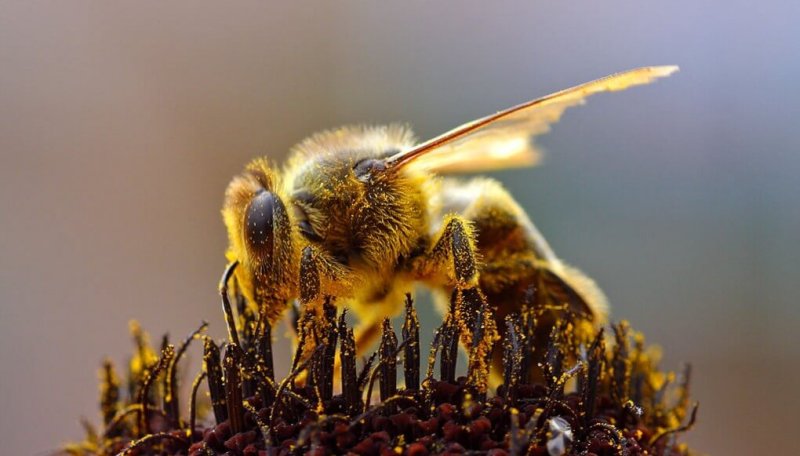More than a dozen wild bee species critical to pollinating everything from blueberries to apples in New England are on the decline, according to a new study.
Researchers from the University of New Hampshire….examined 119 species in the state from a museum collection at the college dating back 125 years. Writing in the peer-reviewed journal Insect and Conservation Diversity….Sandra Rehan and Minna Mathiasson concluded 14 species found across New England were on the decline by as much as 90 percent.
[Editor’s note: Read Primer on bees, varroa mites and the ‘beepocalypse’ that never was to learn more.]
…
Jeff Lozier, a bee expert from the University of Alabama….called the study “interesting” and said the findings are a critical step in expanding research into lesser known species of bees. He did, however, caution that researchers….depended upon bees in a museum that were not collected “for the purpose of large scale population surveys.”
…
As for saving these species, Rehan said, some clues could come from wild bees that are faring better….”They are not all declining….” she said. “It’s not so hopeless….We still have to do better by the bees, but some bees are doing OK.”
Read full, original article: Wild bee species critical to pollination on the decline































